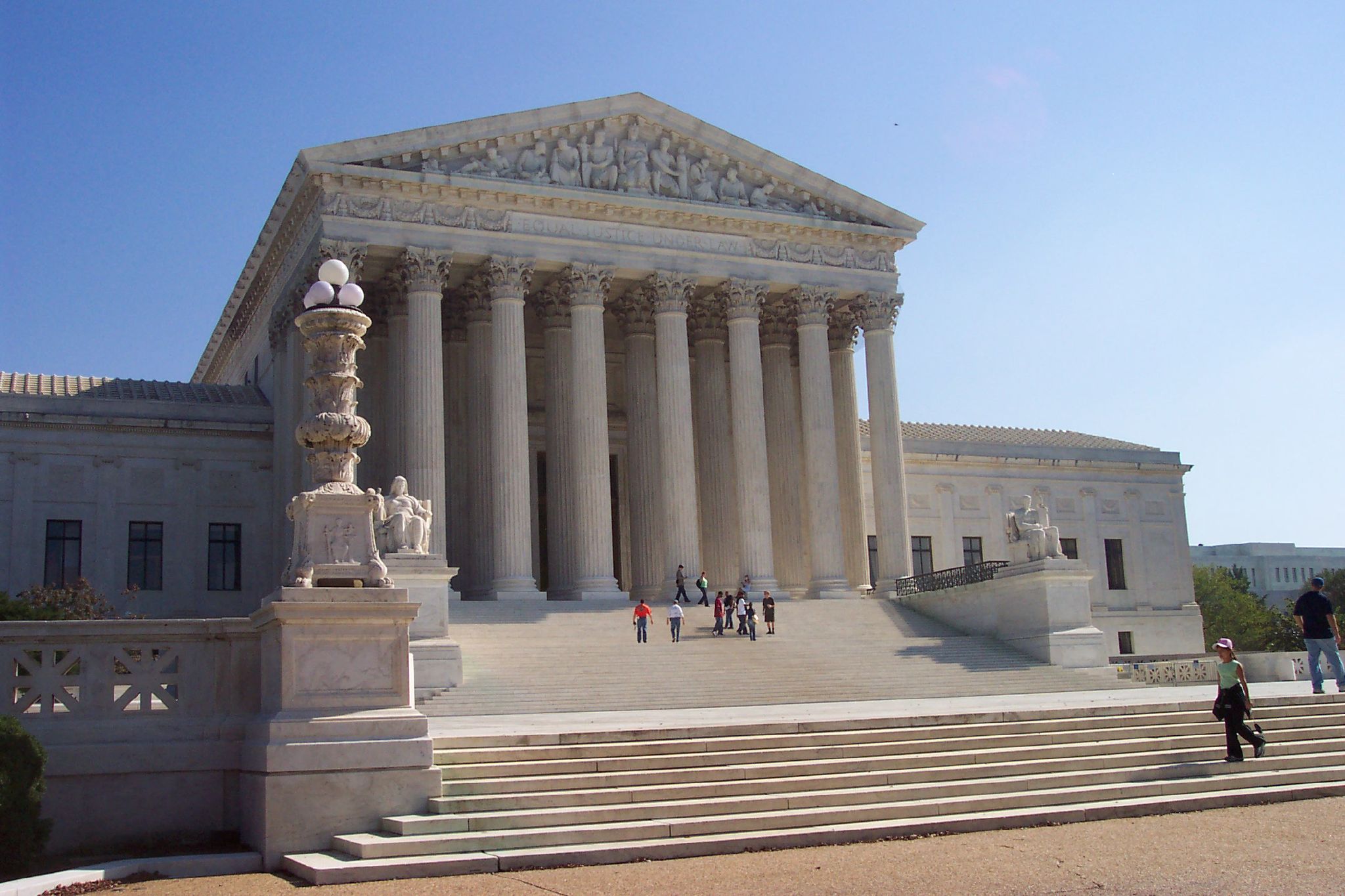Supreme Court Issues New Test for State Action Liability of Public Officials on Social Media
Published by The Lawfare Institute
in Cooperation With

On March 15, the Supreme Court unanimously held in Lindke v. Freed that a state official who blocks someone from commenting on the official’s social media page can constitute state action liable under 42 U. S. C. §1983, including for deprivation of their First Amendment rights, if the official both “(1) possessed actual authority to speak on the State’s behalf on a particular matter, and (2) purported to exercise that authority when speaking in the relevant social-media posts.”
To meet the first prong of the two-part test, the Court finds that a plaintiff must show that the official actually holds that authority as opposed to appearing to hold that ability or theoretically holding that ability under the official job description. The second part of the test involves an analysis of whether the official was purporting to use the aforementioned authority to speak on the state’s behalf, as opposed to posting as a private citizen. If the official isn’t speaking “in furtherance of his official responsibilities,” writes the Court, “he speaks with his own voice.”
The Court notes that for the official implicated in Lindke—James R. Freed, city manager of Port Huron, Michigan—a fact-specific inquiry is important because Freed’s social media page wasn’t designated as being either official or personal. It also mentioned the variance in blocking mechanisms across social media platforms, writing that “the nature of the social-media technology matters to this analysis.”
The Court vacated and remanded the Sixth Circuit’s decision in Lindke to the extent that its test differs from this test. It remanded companion case O’Connor-Ratcliff v. Garnier to the Ninth Circuit in light of the decision in Lindke.
This is the first time the Court has ruled on the social media activity of public officials, having previously denied a petition for writ of certiorari in 2021 for a case about whether Donald Trump violated his critics’ First Amendment rights by blocking them from his Twitter account while he was President of the United States. In that case, the Second Circuit had found that Trump was acting in a state capacity when he blocked his critics on Twitter and had thus violated their First Amendment rights.
You can read the Court’s opinion, written by Justice Amy Coney Barrett, here or below.


.jpeg?sfvrsn=773924a2_5)


